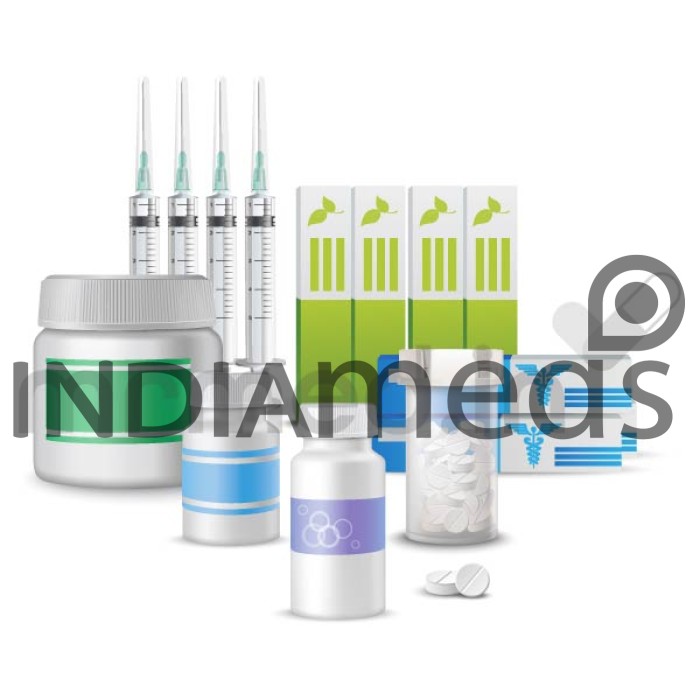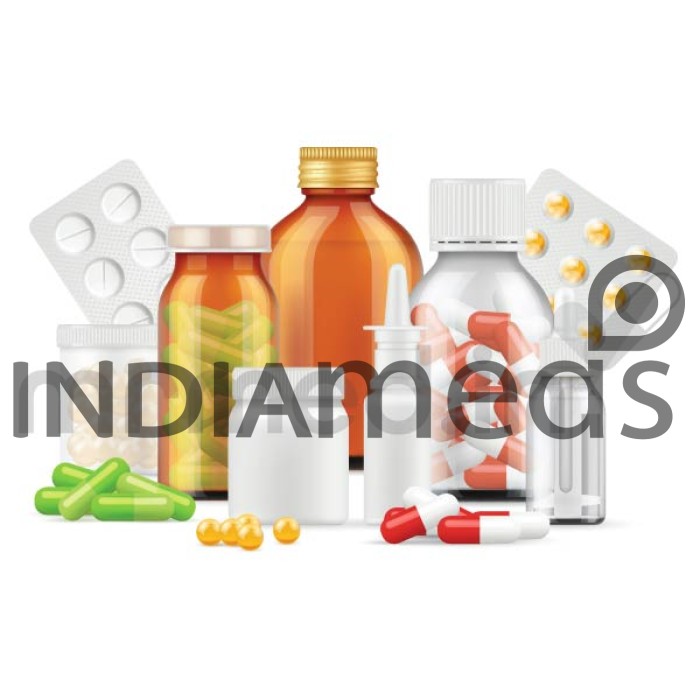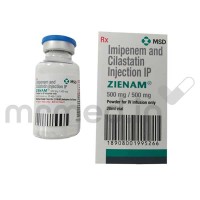Servator 1000ml Solution consists of an Organ Preserving Solution. It is a specialized fluid that preserves organs outside the body during transplantation procedures. These solutions maintain the viability and function of organs for a certain period, allowing for transport and subsequent transplantation into a recipient. In patients with end-stage disease, organ transplantation is an effective therapy. Organ preservation, surgery, immunotherapy, and post-operative care are the most important factors determining organ transplantation success.
Servator 1000ml Solution are typically used when the time between organ removal from the donor and transplantation into the recipient is significant. During this interval, the organs need to be stored and preserved to minimize damage and maintain their functionality. The choice of organ-preserving solution depends on the type of organ being preserved and the specific requirements of the transplantation procedure. Servator 1000ml Solution is not associated with significant side effects. However, your physician will constantly watch out for overdose symptoms such as electrolyte imbalance, elevation of amino acids, and histidine levels in the plasma.
Therapeutic Effects of Servator 1000ml Solution
Pregnancy
Inform your physician before starting this treatment if you are pregnant or think you might be pregnant.
Breast Feeding
The safety of usingServator 1000ml Solution in breastfeeding has not been extensively studied, and specific information on their compatibility with breastfeeding is limited. As a precautionary measure, it is generally advisable to consult with healthcare professionals to assess your situation's potential risks and benefits
Lungs
If you have specific concerns about the safety of Servator 1000ml Solution in lung, it is recommended to consult with a healthcare professional
Liver
Inform your physician before starting this treatment if you have liver problems.
Alcohol
Drinking alcohol while using the Servator 1000ml Solution may produce side effects
Driving
People may experience side effects, including dizziness, drowsiness, or fatigue, after using Servator 1000ml Solution. In that case, avoid driving or operating heavy machinery.
Serious:
- Allergic reactions
- Metabolic imbalances
- Thrombosis (formation of blood clots)
- Infection
Common:
- Swelling or edema
- Changes in organ function
- Bleeding or hemorrhage
- Transient changes in electrolyte levels
Servator 1000ml Solution are primarily designed and optimized for organ preservation. It is best to consult with healthcare professionals or researchers specialized in tissue preservation for specific recommendations.
While Servator 1000ml Solution are the standard method for preserving organs, there is ongoing research into alternative preservation techniques. However, the use of such alternative methods may be limited to specific circumstances or still under investigation.
Servator 1000ml Solutions are primarily used to maintain the viability and function of organs during the preservation period. They cannot reverse pre-existing organ damage or restore organ function independently.
Servator 1000ml Solution are typically single-use and designed for a specific preservation period. They are not intended to be reused or recycled due to the potential risk of contamination and reduced effectiveness.
Servator 1000ml Solutions have a limited shelf life and are usually stored under specific temperature conditions. It is important to check the expiration date and follow the manufacturer's guidelines for storage. Using expired solutions or improperly stored solutions may compromise their effectiveness and increase the risk of complications during transplantation.
Servator 1000ml Solutions are designed to extend the preservation time of organs outside the body, allowing for safe transportation and transplantation. The goal is to preserve the organ's viability for as long as necessary to ensure successful transplantation, but the duration can vary for different organs.
Molecule name: Organ preserving solution | Therapeutic class: Organ preservatives |
Pharmacological class: Organ preserving solution | Indications: Preservation of donor organs |






-200x200.png)
-200x200.png)
